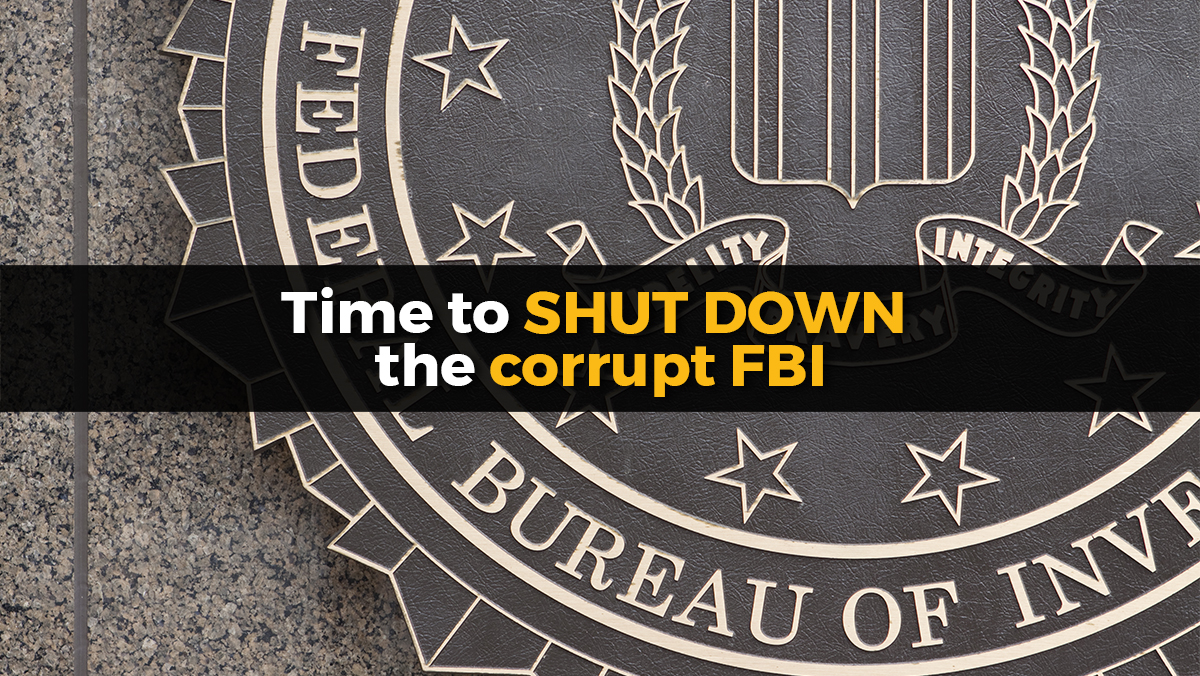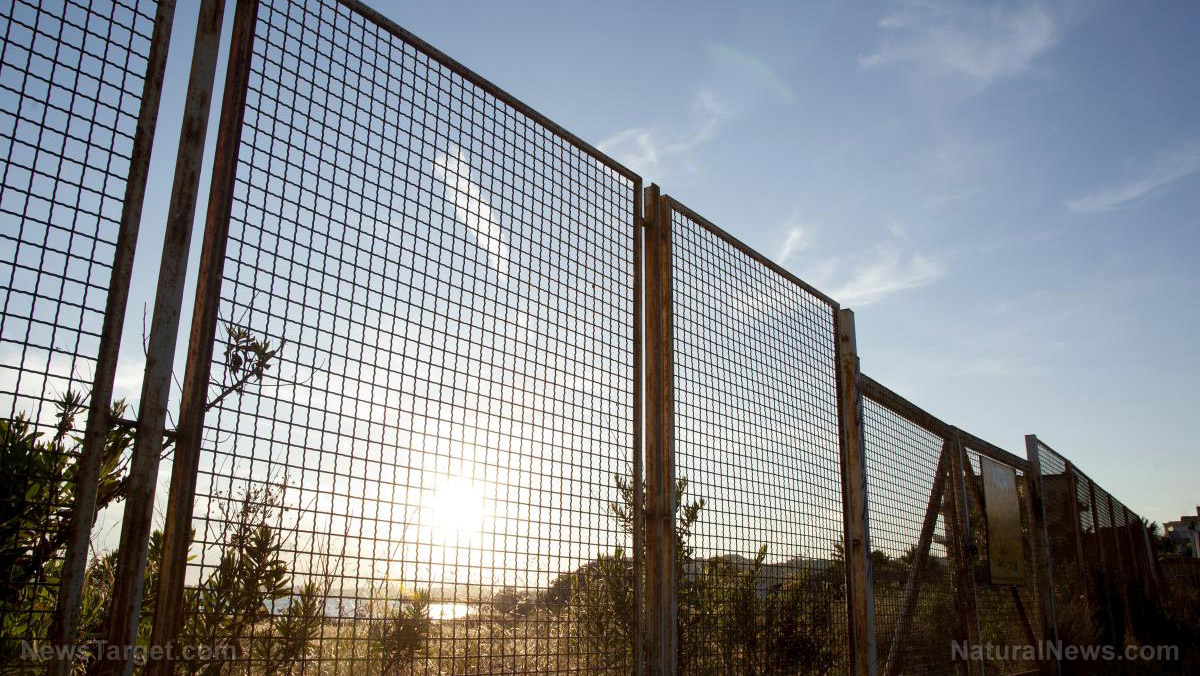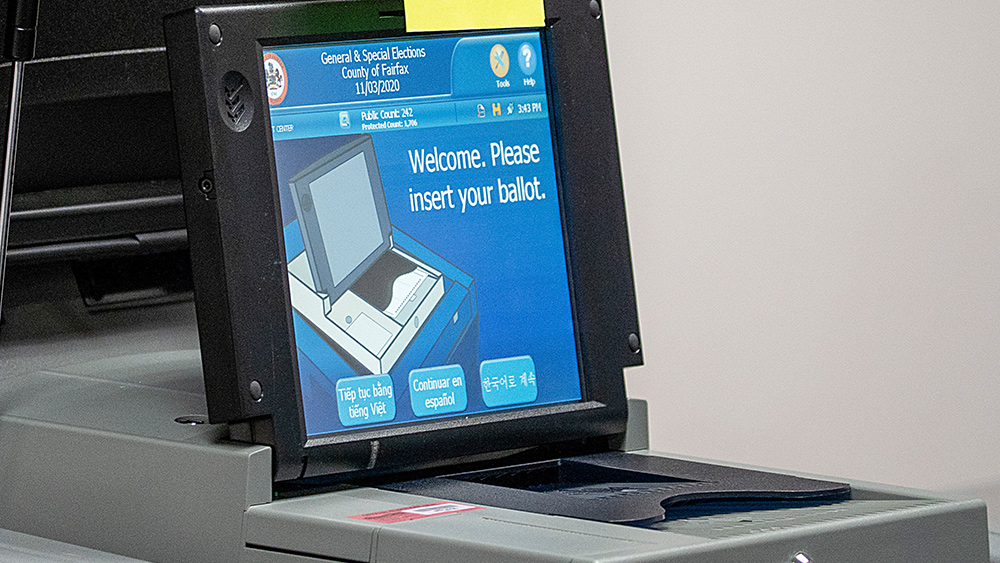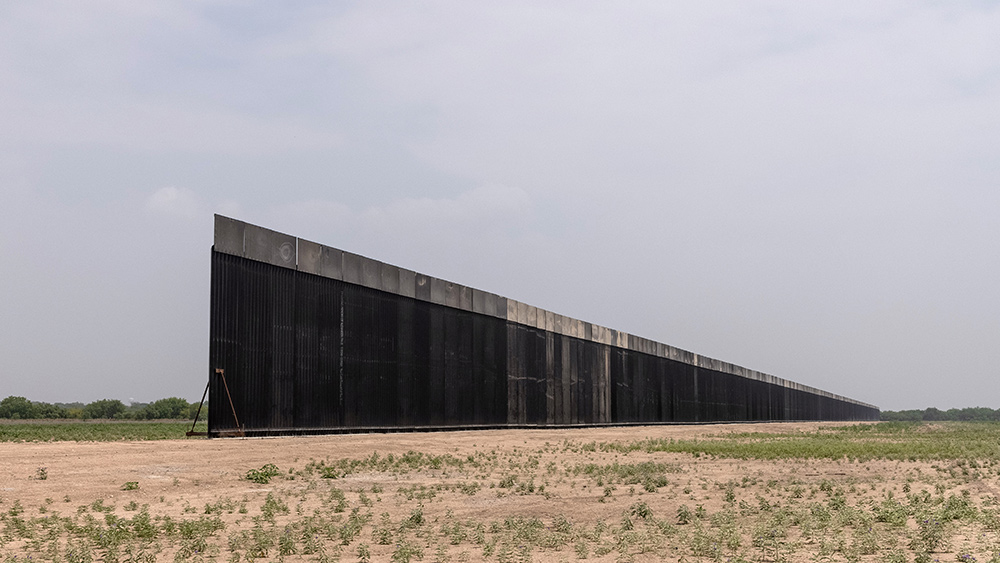U.S. bans Mexican avocado imports after inspector reportedly threatened by drug cartel
02/17/2022 / By Cassie B.

The U.S. government has suspended all imports of avocados from Mexico after a safety inspector for a U.S. plant received a threat while working there.
Drug cartel turf battles and extortion of avocado farmers are common in the western state of Michoacán, which is the only state in Mexico that has gained full authorization to export avocados to the U.S. market. Avocados are currently the state’s most lucrative crop.
A U.S. plant safety inspector received a threatening message on his work-issued cell phone in Mexico, according to a statement by the Mexican agriculture department. In response, the government has suspended all imports of Mexican avocados in a move that will be in effect “until further notice.”
The department stated: “U.S. health authorities…made the decision after one of their officials, who was carrying out inspections in Uruapan, Michoacan, received a threatening message on his official cellphone.”
The U.S. embassy emphasized that the safety of agricultural inspection personnel is paramount and added that they are working with the Mexican government to guarantee security conditions that will enable American personnel in the area to resume operations.
In a statement, the USDA said: “The suspension will remain in place for as long as necessary to ensure the appropriate actions are taken, to secure the safety of APHIS personnel working in Mexico.”
U.S. inspectors go to Mexico to ensure that avocados exported from the country do not carry diseases that could compromise American crops. In fact, pests, scabs and weevils meant that Mexican avocados were banned from the U.S. from 1914 to 1997. The inspectors working there now are part of the U.S. Department Of Agriculture’s Animal And Plant Health Inspection Services (APHIS).
The unexpected suspension was confirmed on the eve of the Super Bowl, which is traditionally one of the biggest sales days for Mexican avocados, but it came too late to have an impact on game-day consumption. It also came at a time when the country’s biggest association of avocado farmers spent a significant sum on an ad campaign featuring their produce during Super Bowl Sunday.
Avocado prices, supply could be affected
It’s a big blow to a crop that enjoys around $3 billion a year in annual exports, but it’s not the first time such an incident has threatened avocado exports. In Michoacán, the Jalisco cartel is constantly engaged in turf wars against local gangs known as the United Cartels. In August 2019, a team of inspectors from the U.S. Department of Agriculture was directly threatened in the town of Ziracuaretiro, which is west of Uruapan. The agency did not elaborate on the incident, but local authorities reported that a truck in which the inspectors were traveling was robbed at gunpoint by a gang.
At that time, the USDA warned that they would not tolerate this type of activity, writing: “For future situations that result in a security breach, or demonstrate an imminent physical threat to the well-being of APHIS personnel, we will immediately suspend program activities.”
In Michoacán, many avocado growers say that drug gangs have been threatening them or their loved ones with death or kidnapping, forcing them to pay protection money to avoid unpleasant outcomes that can equal thousands of dollars per acre.
In 2020, a Mexican employee of APHIS was murdered near Tijuana by drug traffickers; prosecutors believe the traffickers may have mistaken the APHIS employee for a policeman.
It is not yet known how long the import sanction will last or how it will affect supplies and prices of avocados in the U.S. Avocado prices had already hit a high point before the pause, with the price of a 20-pound box of avocados coming in from Mexico hitting $26.23 on February 3, which is $6.29 more than the price recorded on the same day in 2021.
Sources for this article include:
Submit a correction >>
Tagged Under:
avocados, big government, Collapse, drug cartels, food supply, grocery, imports, Mexico, national security, products, threats, USDA, violence
This article may contain statements that reflect the opinion of the author
RECENT NEWS & ARTICLES
COPYRIGHT © 2017 NATIONAL SECURITY NEWS






















